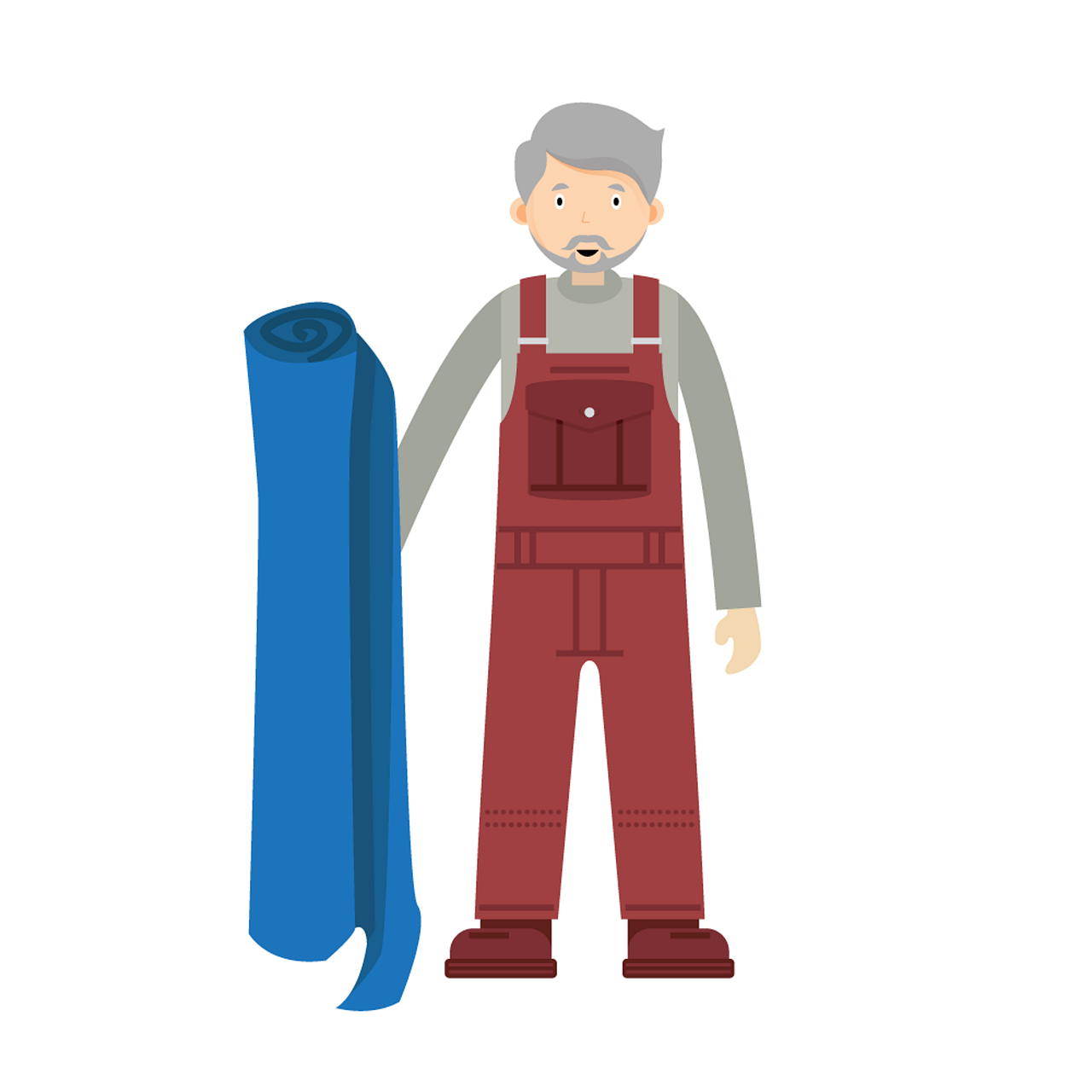Rusin v Design-Apart USA, Ltd. 2019 NY Slip Op 05172 Decided on June 26, 2019 Appellate Division, Second Department;
"The plaintiff and the defendant executed a contract, in which it was agreed that the defendant would furnish and install kitchen cabinets at the plaintiff's home for a total cost in excess of $64,000. The plaintiff paid to the defendant $61,449.34 pursuant to the contract. After the cabinets were furnished and installed, the plaintiff commenced this action against the defendant, seeking, in the first cause of action, to recover $61,449.34 on the basis that the defendant was not a licensed home improvement contractor at the time it performed the work. In the second cause of action, the plaintiff sought to recover damages for breach of contract, alleging that the defendant's work was defective.
After joinder of issue, the plaintiff moved for summary judgment on the first cause of action, and the defendant cross-moved pursuant to CPLR 3211(a)(7) to dismiss that cause of [*2]action. In an order dated January 8, 2018, the Supreme Court granted the plaintiff's motion and denied the defendant's cross motion. On January 12, 2018, a judgment was entered in favor of the plaintiff and against the defendant in the principal sum of $61,449.34. The defendant appeals.
The plaintiff failed to demonstrate her prima facie entitlement to judgment as a matter of law on the first cause of action. Although an unlicensed contractor may not enforce a home improvement contract against a homeowner or seek recovery in quantum meruit for work performed (see B & F Bldg. Corp. v Liebig, 76 NY2d 689; Holistic Homes, LLC v Greenfield, 138 AD3d 689, 690), here, the defendant is not seeking to enforce the parties' contract or to recover in quantum meruit. Rather, the plaintiff homeowner is seeking to recover money already paid to the defendant pursuant to the contract. Where a homeowner receives the benefit of the services of an unlicensed contractor, he or she is not entitled to recoup payments made for such services solely on the basis that the defendant was unlicensed (see Brite-N-Up, Inc. v Reno, 7 AD3d 656, 657; Voo Doo Contr. Corp. v L & J Plumbing & Heating Co., 264 AD2d 361; Sutton v Ohrbach, 198 AD2d 144; Segrete v Zimmerman, 67 AD2d 999, 1000; see also Goldman v Garofalo, 71 AD2d 650). "The parties, in these circumstances, should be left as they are" (Segrete v Zimmerman, 67 AD2d at 1000; see Brite-N-Up, Inc. v Reno, 7 AD3d at 657). Thus, the plaintiff was not entitled to summary judgment on the first cause of action.
Concomitantly, even assuming the fact alleged in the first cause of action—that the defendant was unlicensed at the time it performed the work—to be true, the plaintiff is not entitled to recover, on that basis, payments made pursuant to the contract. Accordingly, the defendant's cross motion pursuant to CPLR 3211(a)(7) to dismiss that cause of action should have been granted (see generally Leon v Martinez, 84 NY2d 83, 87)."








No comments:
Post a Comment
Note: Only a member of this blog may post a comment.